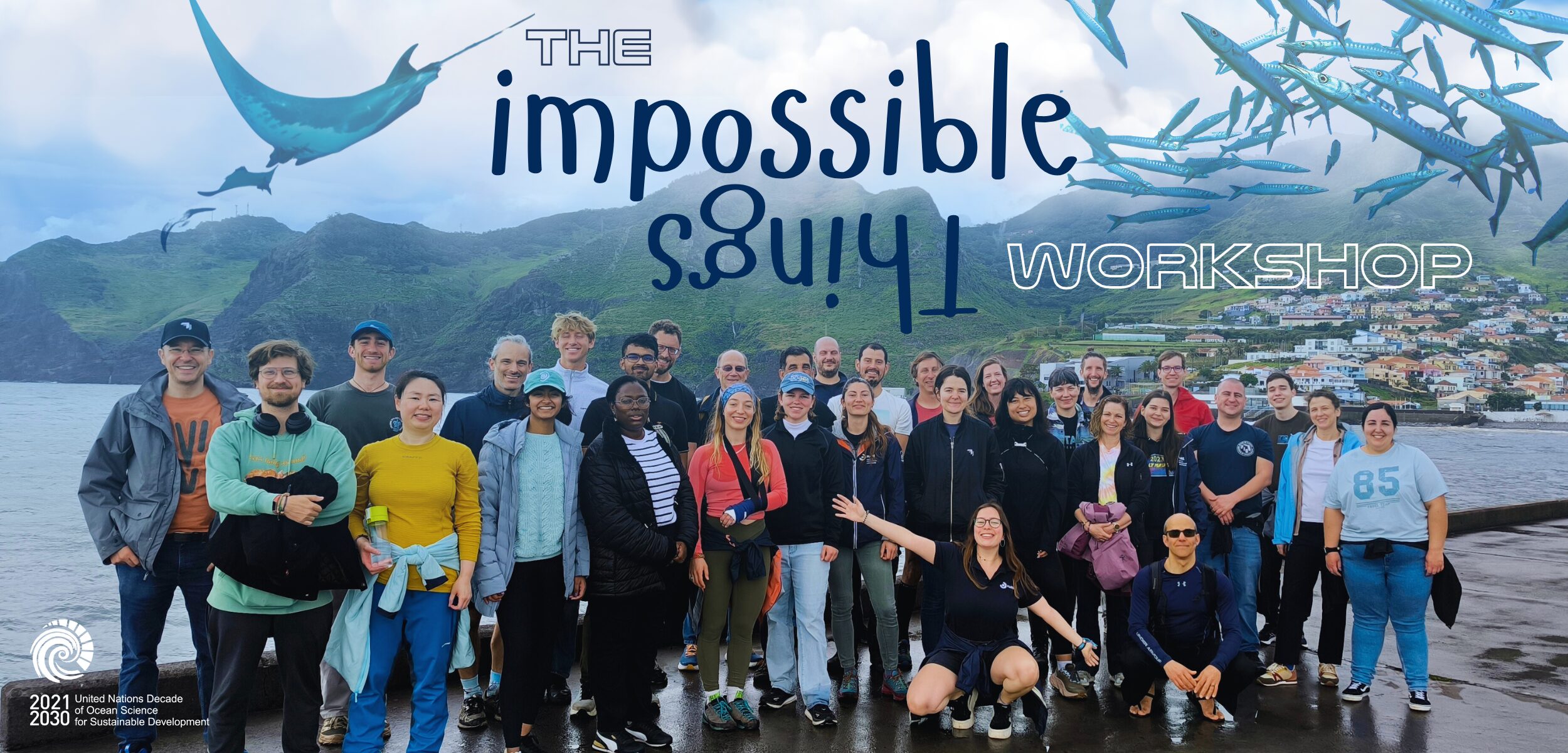
Doing Impossible Things
by Diane Esson, March 2025
The idea started, as most ideas do, by stealing (and adapting) someone else’s. In a conversation with former leadership at Microsoft Research, I’d learned that their department had once organized ‘Impossible Breakfast Meetings’ to give their research team the space to work on impossible challenges. Some ideas were ridiculous, implausible works of fiction. They were also some of the ideas that led to breakthroughs and Microsoft’s more innovative products.
Inspired by this story, we designed the Impossible Things Workshop to help advance lower-cost deep-sea research. There are few realms more impossible to access on Earth than the deep sea. Its incredible pressure, temperatures flirting with zero degrees Celsius, absence of light and challenges of electromagnetic propagation (and therefore communication and navigation), paired with the usual underwater suspects of biofouling and corrosive salt water all make deep sea research… a bit tricky.

On the first evening of the workshop, we hosted a technology showcase with lower-cost marine research tools we’re using and developing at MARE-Madeira, as well as some tools developed by participants. Photos by Patrícia Nunes
Today, it is primarily the world’s leading research institutes that have the tools to overcome challenges of deep-sea exploration. For the average institute with average funding and average infrastructure, however, the deep sea is about as accessible as another solar system. (Less so, in fact, as even amateur astronomers can see the light from other solar systems with a simple pair of binoculars!) Consequently, we often know more about the surface of distant planets and the composition of distant stars than we do about the structures, habitats and lifeforms of Earth’s oceans.
These problems are not new, however. Many bright people have been working on how to research the deep for over a century. Noting this, we made one important adaptation to the Impossible Things concept: we wanted to invite people from outside of marine research. We wanted new ideas for how to study the deep, and we thought the best way to do this would be to welcome those who have never before had a seat at the table. And boy, did it make our table fun!

Brainstorming was done in small teams of six, with one team per deep-sea challenge. The teams were arranged to mix skillsets and knowledge and were moderated by six experienced researchers. Photos by Patrícia Nunes.
We hosted our first Impossible Things Workshop at the Dreams Resort in Caniçal, Madeira from 17-19 March 2025. We had an incredible mix of people from academia, industry and non-profit sectors, with experience in science, engineering, art and social sciences. Our attendees travelled to Madeira from twelve countries across three continents, and were of twelve nationalities across four continents. We are particularly grateful to the travel grant support from Blue Robotics, which helped us increase the inclusivity of this event and bring participants from more regions. We also came close to gender equality with 42% of participants female. All told, the high level of thought diversity of this event was exactly what we were hoping for, and the proof was in the pudding!

Photos by Patrícia Nunes and Beatriz Arraiol
Working side by side and sharing ideas across small teams, our participants amazed us with their insights, crazy ideas and practical next steps that we’re already working to implement at MARE-Madeira. Even things as simple as ‘How to be smarter at sourcing’ presented valuable learnings for us. We’ll compile the ideas from the workshop in a white paper (to be published on the TWILIGHTED website under ‘Resources’ soon), but to give you a flavor – ideas from the workshop ranged from a 1,000m periscope(!) to energy-efficient deep-sea processing with fish neural networks(?!), to using retired telecom deep-sea cables for powering observatories (with live-feeds to aid ocean literacy in schools, too!). We loved them all.

Teams presented their ideas (practical to off-the-wall!) to the group, so everyone could feed into the brainstorming of each challenge area. Photos by Patrícia Nunes and Beatriz Arraiol
Thank you, thank you(!) to all of our participants who super-charged this three-day workshop with your time, knowledge and boundless enthusiasm. Your ideas were the life force of this workshop, and your optimism for solutions infectious! You’ve set an impossibly high bar for all future editions. 😉
We’d also like to thank the Dreams Resort for their wonderful hospitality: yours was an idyllic location to host the workshop. Thank you as well to Blue Robotics for your generous support (and belief in this workshop!), making our event more accessible. And finally, thank you to everyone who helped us to share the word, including the UN Ocean Decade, universities, engineering groups and many individuals — and to all those who are up for something a bit wacky and applied! We look forward to hosting the second edition in 2027 and welcoming more crazy (and practical) ideas to reduce the costs of deep-sea research!!

Each day had a brainstorming hike, the morning larks went for a sunrise trail run on the second day and the strong-of-stomach went for a whale watching tour on the last, breezy morning (where we spotted a lot of white-caps, but no whales…). Photos by Diane Esson and Francesco Stenico
The Impossible Things Workshop was part of the EU-funded project TWILIGHTED.
